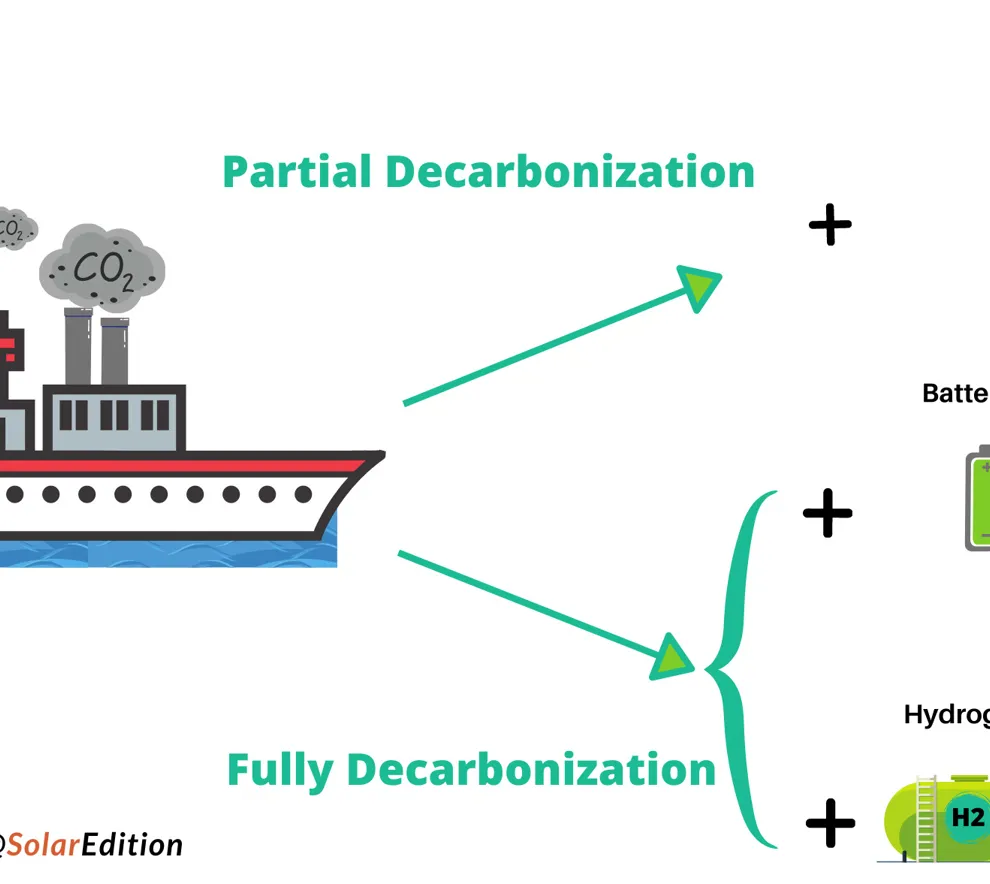Renewable energy and energy storage in marine and offshore industry

Maritime transport with almost 1 billion tonnes of CO2 annual emission is responsible for about 2.5% of global greenhouse gas (GHG) emissions. You will receive a link for login on the 14. April at lunch time. Here is the link: https://teams.microsoft.com/l/meetup-join/19%3ameeting_YWM0ZTZiYjQtMGUwYy00MzRhLTllMDktYTY1OGZmYTMzNTU0%40thread.v2/0?context=%7b%22Tid%22%3a%22780b750e-d3a7-4fd6-9b5e-174dc7b56d9c%22%2c%22Oid%22%3a%22d6233ec8-dee1-4e2e-92f6-25152cc4d6fa%22%2c%22IsBroadcastMeeting%22%3atrue%7d&btype=a&role=a
According to 3rd IMO GHG study, Shipping emissions could increase between 50% and 250% by 2050, undermining the objectives of the Paris agreement. The International Maritime Organization (IMO) has set the ambition of reducing the shipping industry's GHG emissions by at least 50% by 2050 compared to 2008. How can renewable energies and energy storage solutions contribute to this goal?
In this online streaming, we present:
- Introduction to energy consumption in the marine industry
- Contribution of Battery energy storage and hydrogen solutions
- Contribution of solar and wind to marine and offshore industry
For more information please follow solaredition.com
Earlier streams in Norwegian:
